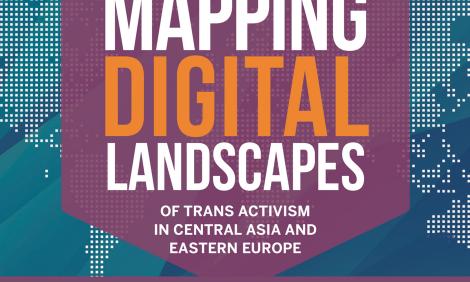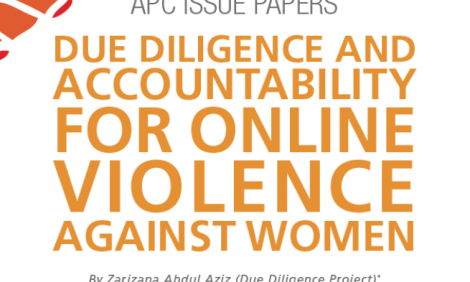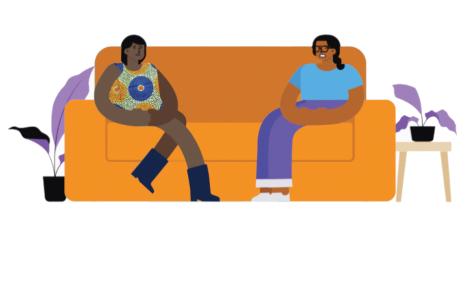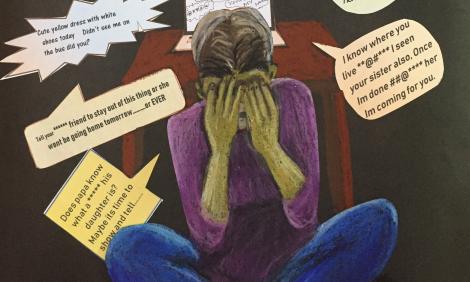
Publication
Mapping Digital Landscapes of Trans Activism in Central Asia and Eastern Europe.
This report on Mapping Digital Landscapes of Trans Activism in Central Asia and Eastern Europe provides a regional overview of digital organizing by trans activists in Central Asia and Eastern Europe, emphasizing shared patterns of digital usage, barriers to free and safe use of the internet, and resistance strategies to homo/transphobic-motivated censorship, surveillance, and online attacks…

Feminist talk
What can Ghana do about the harassment faced by women online
Women in Ghana, ordinary women and celebrities, have dealt with harassment and violence online, but there is minimal effort by the government currently to effectively address this problem. The suggestion seems to be that self-censorship should solve such problems faced by women.

Technology for feminist creativity and care
This bilingual edition is born of many conversations and moments at the two camps held in parallel in August this year (2018) at Dhulikhel, Nepal - the Take back the Tech! meet and the Feminist Tech Exchange.

Feminist talk
Social Media: The New Frontier for ICT – facilitated Violence against Women
Non consensual circulation or sharing of intimate intimages or non consensual pornography is becoming increasingly prevalent. Here Bonface Witaba shares few studies on this viral social phenomenon, what steps have been taken and are likely to be taken in the context of Kenya, on a global scale and by social media companies to address the problem.

Publication
Due diligence and accountability for online violence against women
This paper explores what online violence against women is; what can be done to stem and ultimately eliminate it; and whose responsibility it is to do so. It does this by building upon the issues identified in two research projects, namely the research on state accountability to eliminate violence against women by the Due Diligence Project (DDP) and the research on corporate and state remedies…

Feminist talk
What can digital surveillance teach us about online gender-based violence?
The article argues that digital surveillance is part of gendered and racist disciplinary structures, that manifest in specific forms of online gender-based violence experienced by black Muslim women influencers.

In depth
Women are talking but Telegram is not listening
In this article, Garnett Achieng takes a deep-dive look into the Telegram app from the perspective of African women’s experience, particularly that of data privacy and online gender based violence.

In depth
Good-mannered women never make any history, even online
Through two stories from Kenyan women, this article shows how women get harassed online, especially when they express themselves in ways that do not conform to the patriarchal order in the society which they live in.

Publication
Submissions to TO United Nations SPECIAL RAPPORTEUR: ONLINE VIOLENCE AGAINST WOMEN
Here is a compilation of the submissions from different countries including Democratic Republic of Congo, Malaysia, Pakistan, and Bosnia-Herzegovina to the Special Rapporteur for Violence Against Women on online violence against women.

In depth
A technopolitical approach to online gender-based violence
Technology is not gender neutral and this article shows how social media companies and tech corporations play a role in perpetuating online gender-based violence. What we need is a critical examination of the tools available and their underlying techno-politics so we can create community alternatives for feminist communication.




